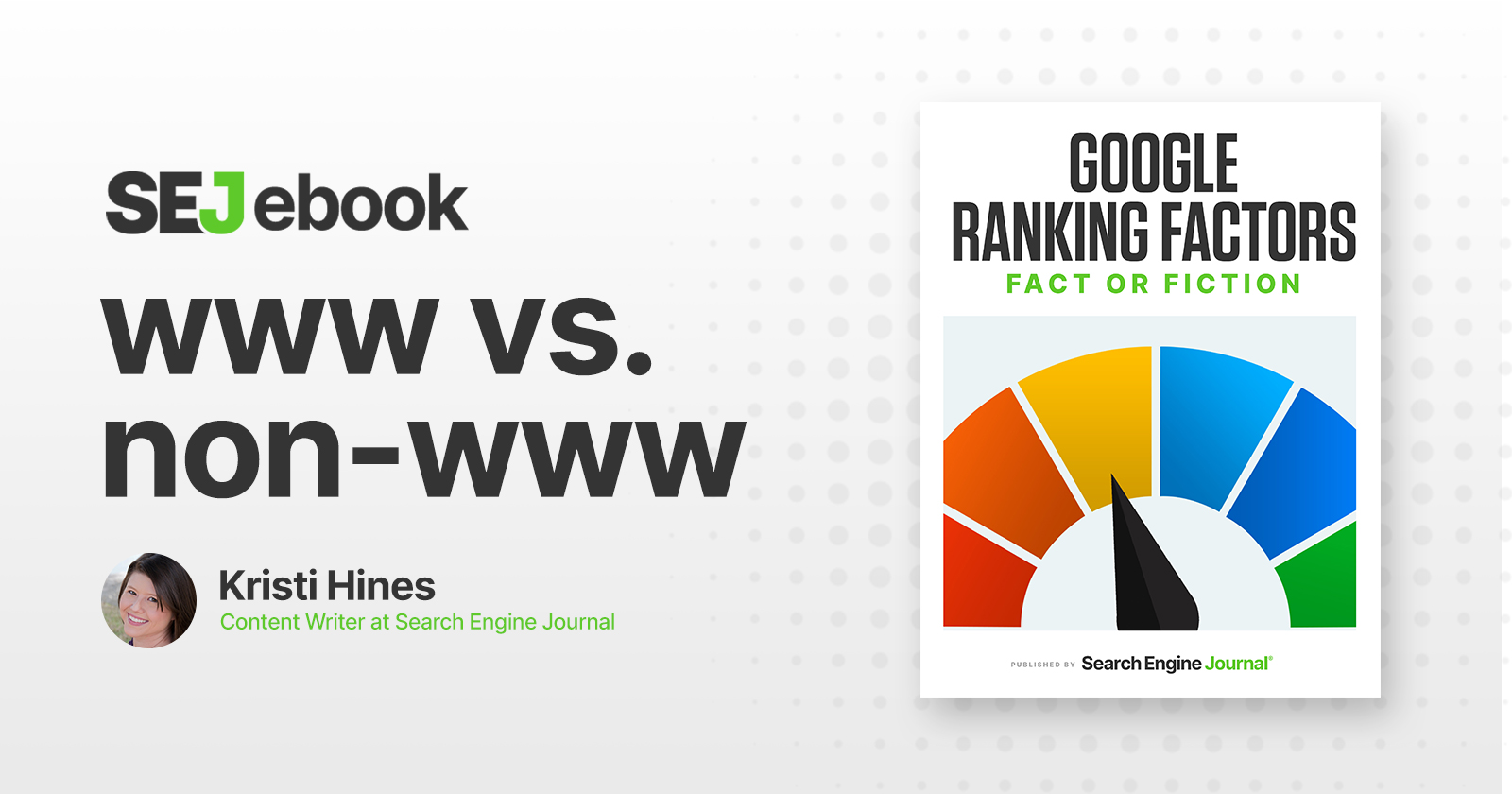What Type of Entities Are Required to Obtain an LEI Number?
Financial markets worldwide have been continuously growing to cope with the increasing demand of investors, brokers, and customers. For market participants to communicate efficiently in today’s world, there is a need for exchanges to be interconnected through centralized trading...

Financial markets worldwide have been continuously growing to cope with the increasing demand of investors, brokers, and customers. For market participants to communicate efficiently in today’s world, there is a need for exchanges to be interconnected through centralized trading platforms, where orders from different firms can be matched and executed.
LEI number (Legal Entity Identifier) was created to ensure efficient communication among financial institutions and stakeholders involved in legal entities such as companies and funds. The main aim of LEI is to provide a unique identification code that facilitates easing up transactions related to securities, including stocks and bonds. Furthermore, regulators benefit from monitoring activities over electronic systems more efficiently due to having access to LEIs’ structured data rather than reading raw content like social security numbers or national identification numbers.
The benefits of having LEI numbers are endless both for traders, regulators, and customers. While the most apparent use is to reduce risks in investment transactions, there are also several other reasons why investors may need to be identified. For instance, they could be asked by an online broker about their legal entity identifier number before being allowed to open an account or perform any action on the trading platform. Besides that, financial institutions are increasingly interconnected through blockchain technology.
Financial Entities
Financial entities like brokerages and banks will always require this information due to their nature as well as companies in general which may use them for reporting purposes or some other reason beyond trading itself – like tracking stock ownership by individual employees who cannot furnish complete documentation themselves; however, individuals do not generally need it since they interact within private markets rather than public ones.
Investment Firms
There’s a new regulation that has just gone into effect. This one rules out trades between investment firms and their clients unless both parties have an LEI number. If you’re doing business with an organization in Europe (or anywhere else where these laws apply), your company is required to have a functional LEI code transfer or registration. If your investment firm does not have a legit LEI registration, then there is a chance that you’re putting your company under the strictest of governing scrutiny.
Government Agencies
The U.S. government has made it mandatory for financial agencies to have an LEI, including the Federal Reserve System (FED), Commodity Futures Trading Commission (CFTC), and National Association of Insurance Commissioners NAIC. There are several other additional types as well; this is primarily because the Office Of Financial Research at OMB requires that all US-based organizations complete their compliance with international standards set forth by ISO 27001 when creating or updating business continuity plans.
RTOs and ISOs
RTOs and ISOs are the Entities that require LEIs. They are the most important groups to join the list as they include U.S. government agencies, such as FERC’s Regional Transmission Organizations (RTOs) and Independent System Operators (ISOs). As you know, these organizations must have an Energy Landscape Inventory completed by a licensed professional engineer or architect respectively to meet specific requirements set out by law, which include documenting potential impacts on public health due to exposure levels, among other things.
Firms That Have Maximum Transparency
Regulators are currently working on a strategy that will allow them more access to information, but its drawbacks are not. For one thing, the Financial Transparency Act and U.S Regtech Law may soon require all data gathered by LEIs to be unrestricted for transactions between such agencies and regulation feasible; something we should keep our eye out for when these laws go into effect.

 Koichiko
Koichiko 
































